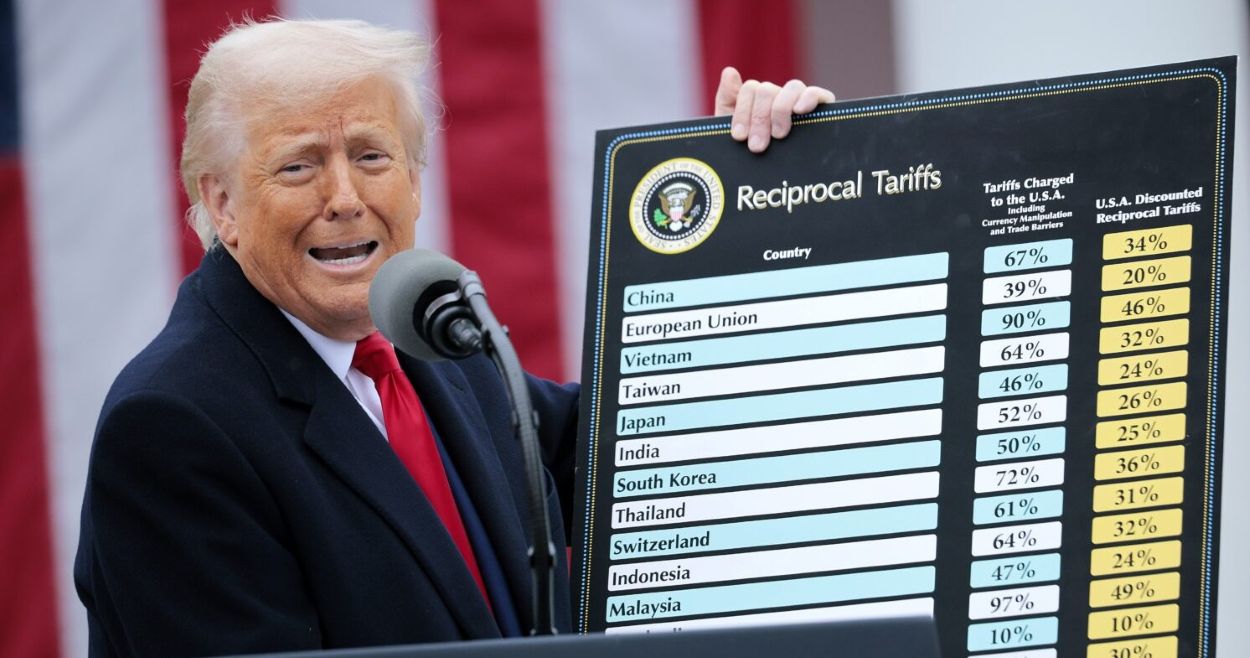U.S. Treasury Secretary Janet Yellen announced that the United States will resume tariffs on trading partners, including Taiwan and the European Union, starting August 1, unless they reach new trade agreements. This move extends President Trump’s original July 9 deadline for negotiations.
Bessent, during an interview on CNN, outlined President Trump’s plan from April 2 to impose 10% tariffs on most trading partners, with select nations facing rates as high as 70%. The administration has paused the implementation of these tariffs until July 9 to allow for further negotiations.
While travelling on Air Force One, President Trump stated that the administration will send 12 letters to trading partners on July 7, reiterating that tariffs will take effect on August 1 if no agreements are reached. The United States has already secured agreements with the United Kingdom and Vietnam, and China has agreed to reduce its tariffs. Negotiations with the European Union continue.
Read: Trump Announces US-Vietnam Trade Deal with 20% Tariff
Japanese Prime Minister Shigeru Ishiba declared, according to Kyodo News, that Japan will not “easily compromise” in the ongoing talks. Meanwhile, BRICS leaders meeting in Rio de Janeiro plan to denounce the tariffs as illegal and warn of risks to the $110 trillion global economy, referencing IMF data. France’s finance minister expressed optimism for a deal over the weekend, according to Reuters.
The tariffs are part of Trump’s second-term agenda, which also includes a $3.3 trillion spending bill. These tariffs aim to boost U.S. manufacturing but could risk increasing prices amid the current 3.2% inflation rate in the U.S. Bessent’s “maximum pressure” strategy reflects Trump’s announcement from April and affects $4 trillion in U.S. trade. The European Union, which accounts for 17% of U.S. exports, has significant stakes in this situation, and ongoing negotiations over the weekend are crucial.
The August 1, 2025, tariff deadline will impact 330 million Americans and global markets, potentially increasing costs for 70% of imported goods. As Trump addresses ongoing tensions, including those with Elon Musk, the tariffs will impact the U.S.’s global standing and domestic economic discussions.






